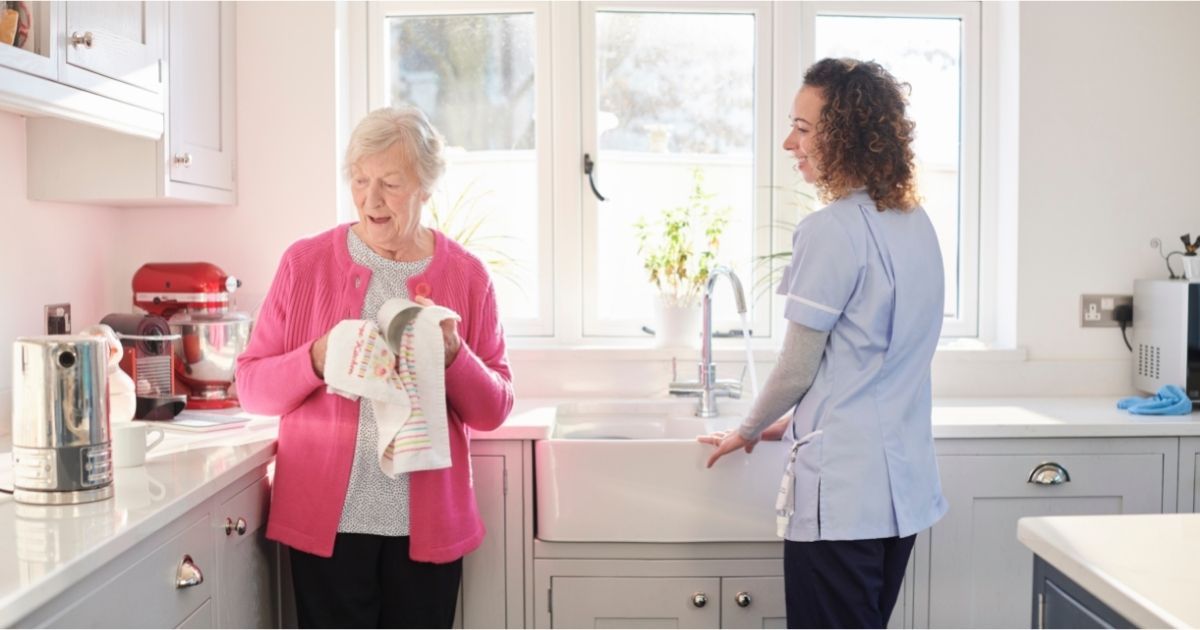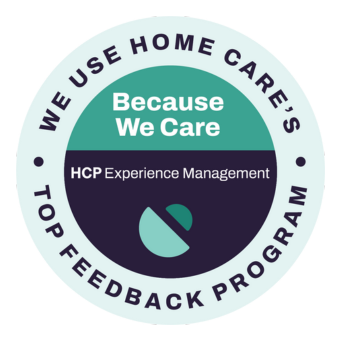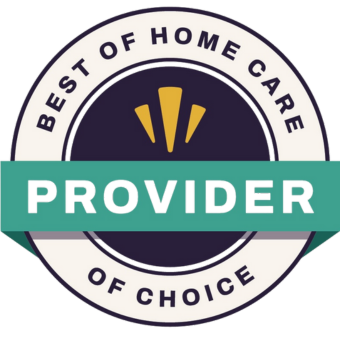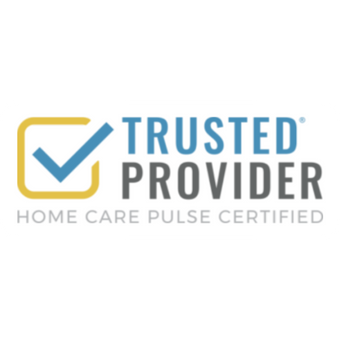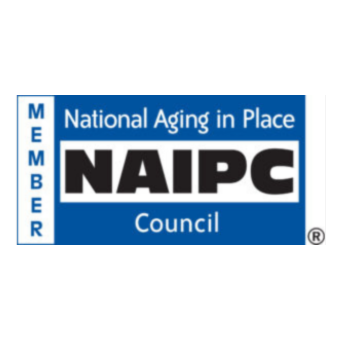Caring for an aging parent at home is an act of love and unselfishness. Family ties are made even stronger for many families as they fall into the rhythm of having a child be the caregiver. However, the natural aging process can eventually cause the family caregiver to relinquish their role to home care professionals. If you’re the caregiver for a parent at home, how do you know for sure that it’s time to make that transition?
One signal that you can’t miss is a flashing red light that indicates it’s time to transition a parent’s care over to home care professionals: caregiver burnout.
Caregiver Burnout
The Cleveland Clinic defines caregiver burnout as “a state of physical, mental, and emotional exhaustion.” It’s a state where you no longer can be the effective caregiver that you want to be.
Caregiver burnout is more than the everyday stress we all feel. It’s an overwhelming condition that is sometimes confused with normal stress, but it’s much more debilitating.
These are some signs of caregiver burnout:
- Lack of energy
- Overwhelming fatigue
- Sleep problems (too much or too little)
- Changes in eating habits; weight loss or gain
- A feeling of hopelessness
- Withdrawing from, or losing interest in, activities you once enjoyed
- Neglecting your own physical and emotional needs
- Feeling like caregiving is controlling your life
- Becoming unusually impatient, irritable, or argumentative with the person you’re caring for and/or with others
- Anxiety about the future
- Depression or mood swings
- Difficulty coping with everyday things
- Headaches, stomachaches, and other physical problems
- Lowered resistance to illness
Someone experiencing caregiver burnout won’t have all of these symptoms, but they will feel disabled because of the severity of some of them.
Transitioning a Parent to Home Care
There are three fundamental steps to successfully transition a parent to professional home care:
- Assess your parent’s wants and needs. Are you noticing they’re showing signs that they and your family need professional support, such as changes in their living environment, changes in their hygiene or grooming, or changes in their behavior?
- Have a frank and open discussion with your loved one. This crucial conversation must be held when you’re in a good place emotionally. You may feel some resistance at first, but be patient. Let your parent freely express their feelings; this is a significant change for them. But, you may be surprised to find that they are ready for this change.
- Get ready to interview home care agencies to find the right fit. Don’t worry if you’ve never interviewed a home care agency before. Here are some questions you can ask:
- Do your caregivers receive formal training?
- Are your caregivers bonded and insured?
- Can I see credentials or certifications?
- Do you have references?
- Can I find reviews on social media or sites such as Yelp?
- What experiences do you have working with people like my loved one?
- When can you start? What times are caregivers available?
- What is the full range of services you provide?
If you feel confident in an agency’s response to these questions, it’s time to move forward.
The Home Care Professionals at HomeChoice Home Care Can Help
HomeChoice Home Care provides in-home senior care, helping older adults to continue living at home. We’re a licensed non-medical home care agency and have been serving seniors in the Raleigh, Durham, and Carey area since 2005.
Call us today at 919-804-8752. We’ve helped hundreds of families successfully make the transition to having a professional, compassionate caregiver assist them with the care of their loved ones. We’d love to help your family.
